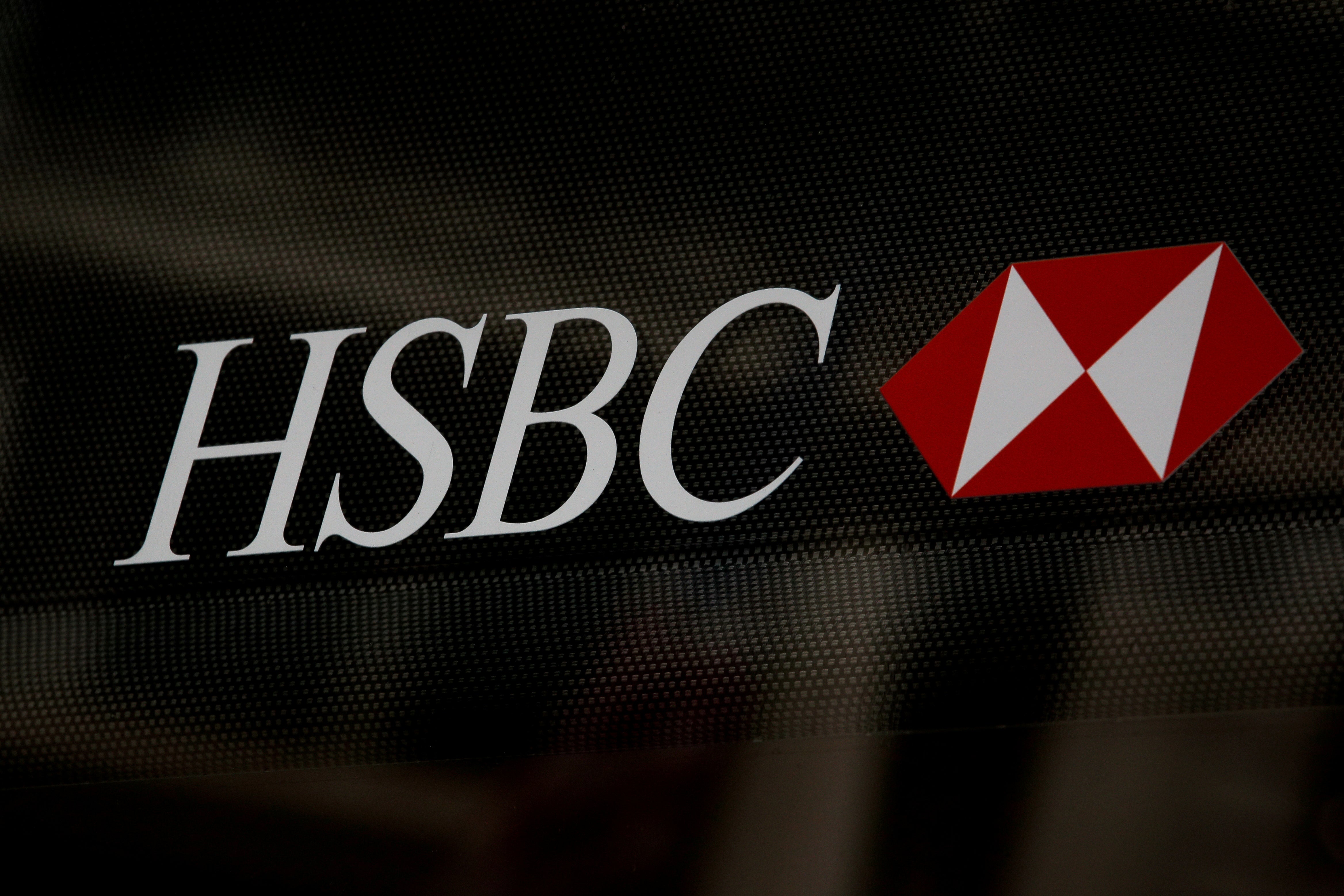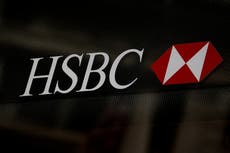Your support helps us to tell the story
From reproductive rights to climate change to Big Tech, The Independent is on the ground when the story is developing. Whether it's investigating the financials of Elon Musk's pro-Trump PAC or producing our latest documentary, 'The A Word', which shines a light on the American women fighting for reproductive rights, we know how important it is to parse out the facts from the messaging.
At such a critical moment in US history, we need reporters on the ground. Your donation allows us to keep sending journalists to speak to both sides of the story.
The Independent is trusted by Americans across the entire political spectrum. And unlike many other quality news outlets, we choose not to lock Americans out of our reporting and analysis with paywalls. We believe quality journalism should be available to everyone, paid for by those who can afford it.
Your support makes all the difference.HSBC is considering charging customers for current accounts after it reported a 35 per cent drop in quarterly profits.
Noel Quinn, chief executive at HSBC, said in the bank’s quarterly earnings release that it is moving its focus towards “fee-generating businesses”, as it aims to reduce annual costs by the end of 2022.
Basic and current bank accounts with HSBC are free to customers in the UK, and very few banks charge for standard bank accounts. HSBC holds more than 9.8m of the UK’s 70m-strong current accounts, according to figures released by the bank in 2019.
Mr Quinn said basic accounts — the most basic accounts offered to more vulnerable customers with poor credit scores — would remain free, but added: “We will look in all our markets at the appropriate pricing strategy for fees and lending by customer segment to make sure we have a sustainable profitable business going forward.”
HSBC already levies charges for bank accounts in other countries where customers are accustomed to paying for banking services, such as Canada, the US and France.
The bank is bracing itself for negative interest rates that could be imposed by the Bank of England next year to help stimulate the UK’s economy, which has taken major hits due to the coronavirus pandemic.
The Bank of England previously cut the UK base interest rate to a record low of 0.1 per cent in March to prop up the economy, but is reviewing how negative interest rates might be implemented in Britain.
Negative interest rates would affect the business models of commercial banks, as well as customers with savings accounts, who have received little interest on their money for years.
Mr Quinn said: “What we’ve got to do as an institution is look at ways that we can continue to grow our revenue in a low interest rate environment.”
However, other banks appear reluctant to follow suit, with Jes Staley, chief executive of Barclays, saying last week that the group would be apprehensive about passing on the cost of negative rates to UK customers, reported The Times.
Consumer group Which? has also warned that if HSBC were to start charging for current accounts, it could be a “huge and risky more” that could see customers simply taking their money elsewhere.
Gareth Shaw, head of money at Which?, said: “The danger for consumers is that if one of the big banks opens the door to charging fees, the others may follow suit — but competition for customers would hopefully dictate that there will be a range of attractive free accounts available for the foreseeable future.”
In its quarterly release, HSBC also announced it will make deeper cost cuts, as its pre-tax profits fell to $3.1bn in the three months to September, down 36 per cent from $4.8bn in the same period last year.
“We expect to reduce the group’s 2022 annual cost base beyond our original $31bn target, while sustaining investment in our focus areas,” it said.
The bank has already shed more than 6,300 jobs this year, with that number expected to reach 10,000 by the end of 2020. It said it would provide details on the plan for deeper cost cutting with its full-year results next February.
A spokesperson for HSBC said in a statement: “Whatever happens with negative interest rates, HSBC UK is committed to continuing to provide basic bank accounts with fee-free standard operations but always keep under review the pricing for our standard current accounts and associated services."





Join our commenting forum
Join thought-provoking conversations, follow other Independent readers and see their replies
Comments